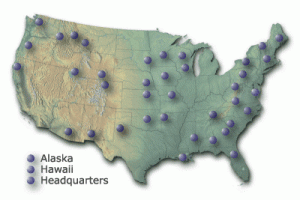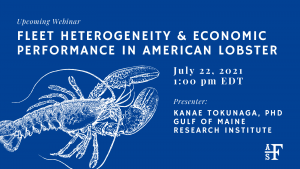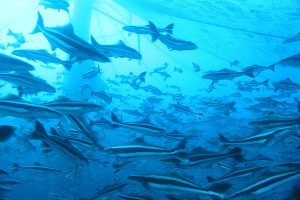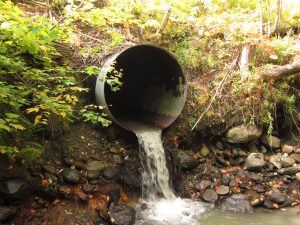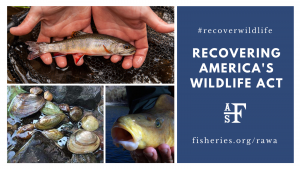

Fish and Wildlife Scientists Commend Introduction of Recovering America’s Wildlife Act
For Immediate Release July 20, 2021 Contact: Drue Banta Winters, 504-220-7868, [email protected] Caroline Murphy, 301-897-9770 x 308, [email protected] Fish and Wildlife Scientists Commend Introduction of Recovering America’s





